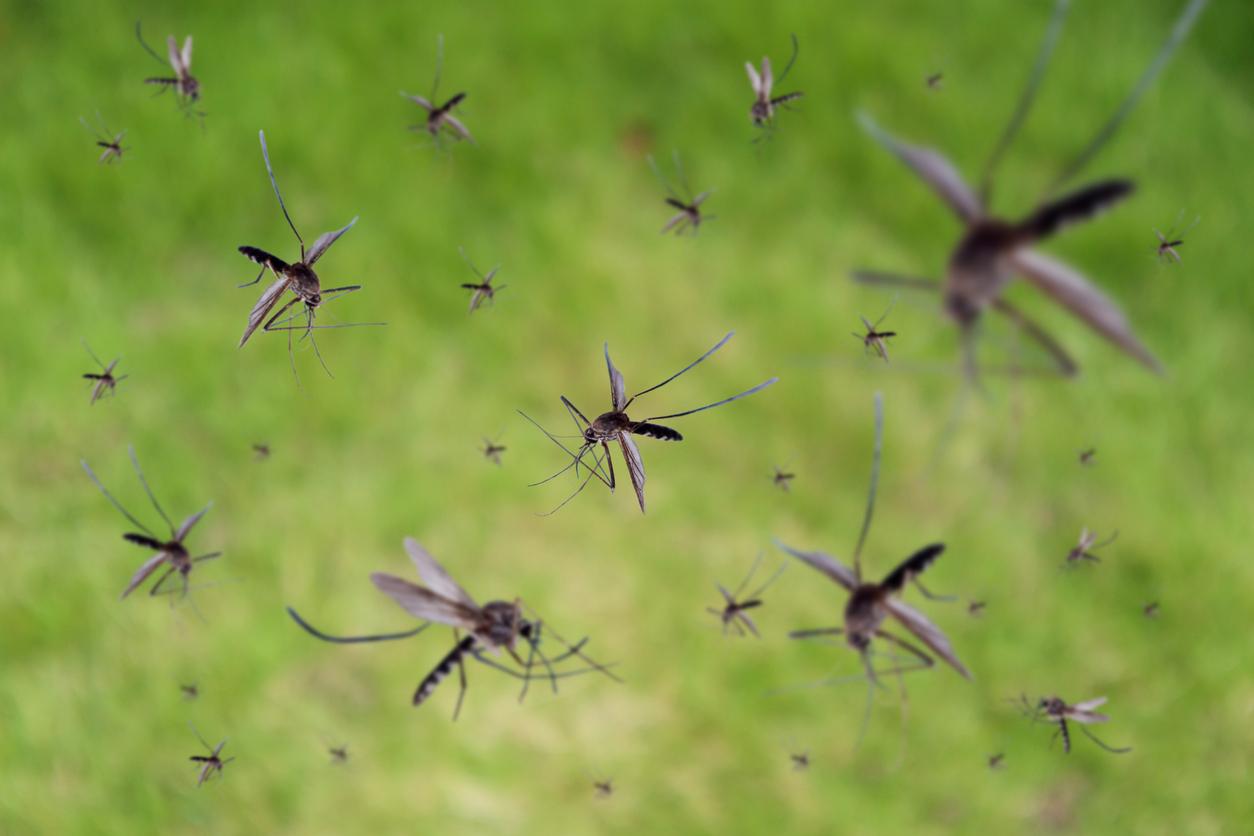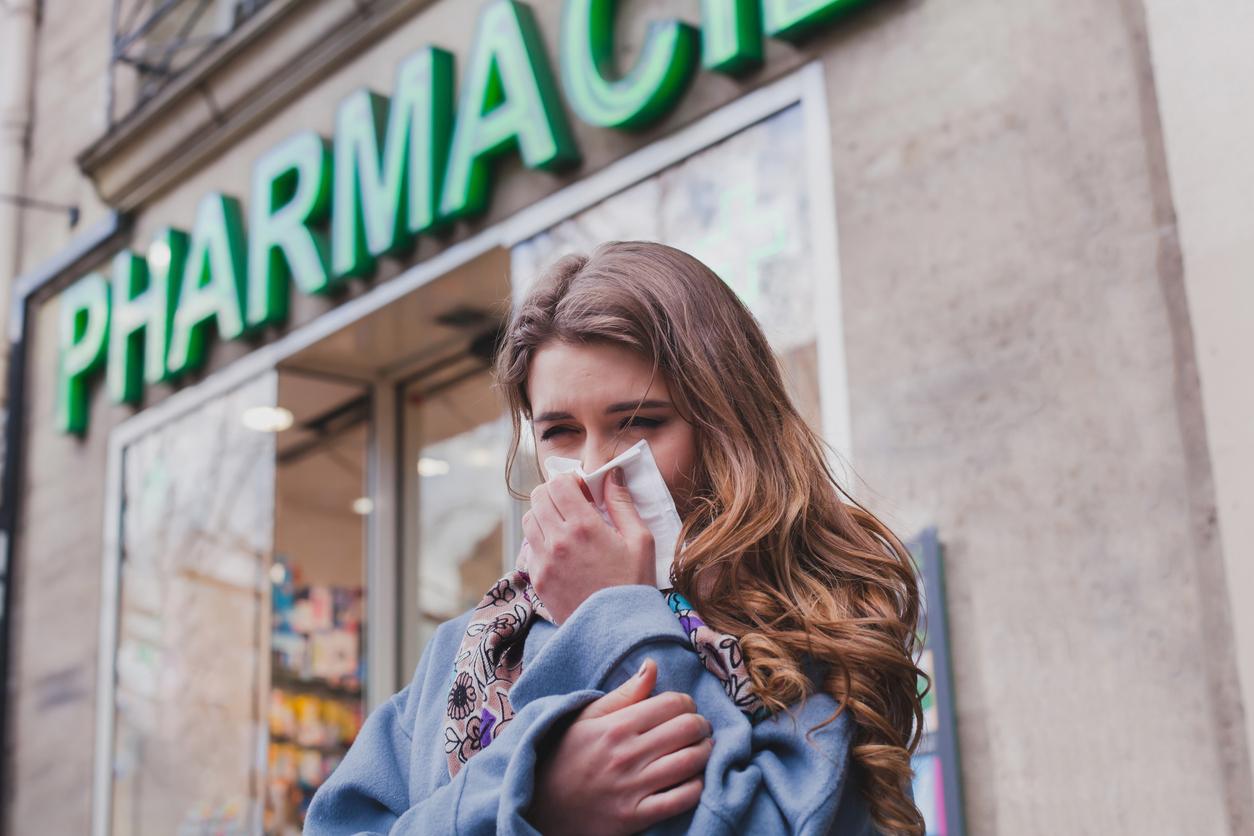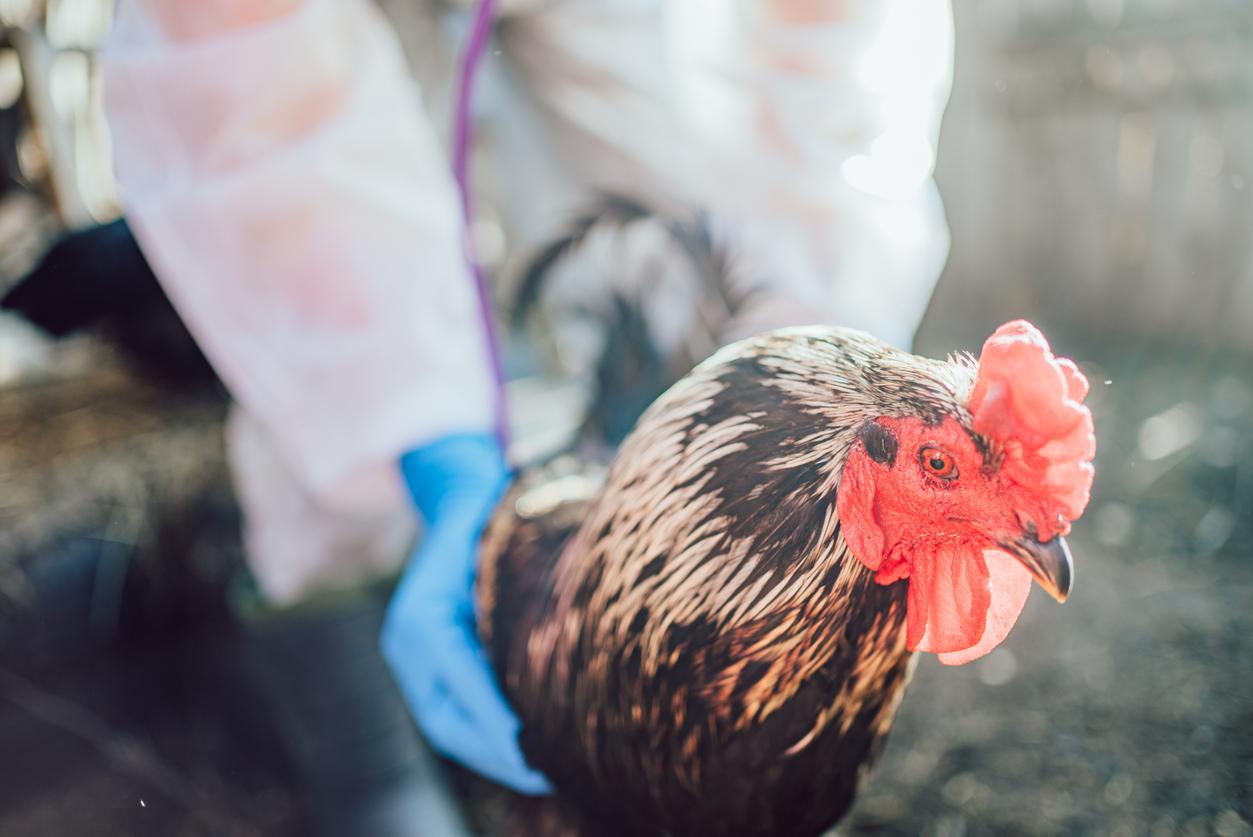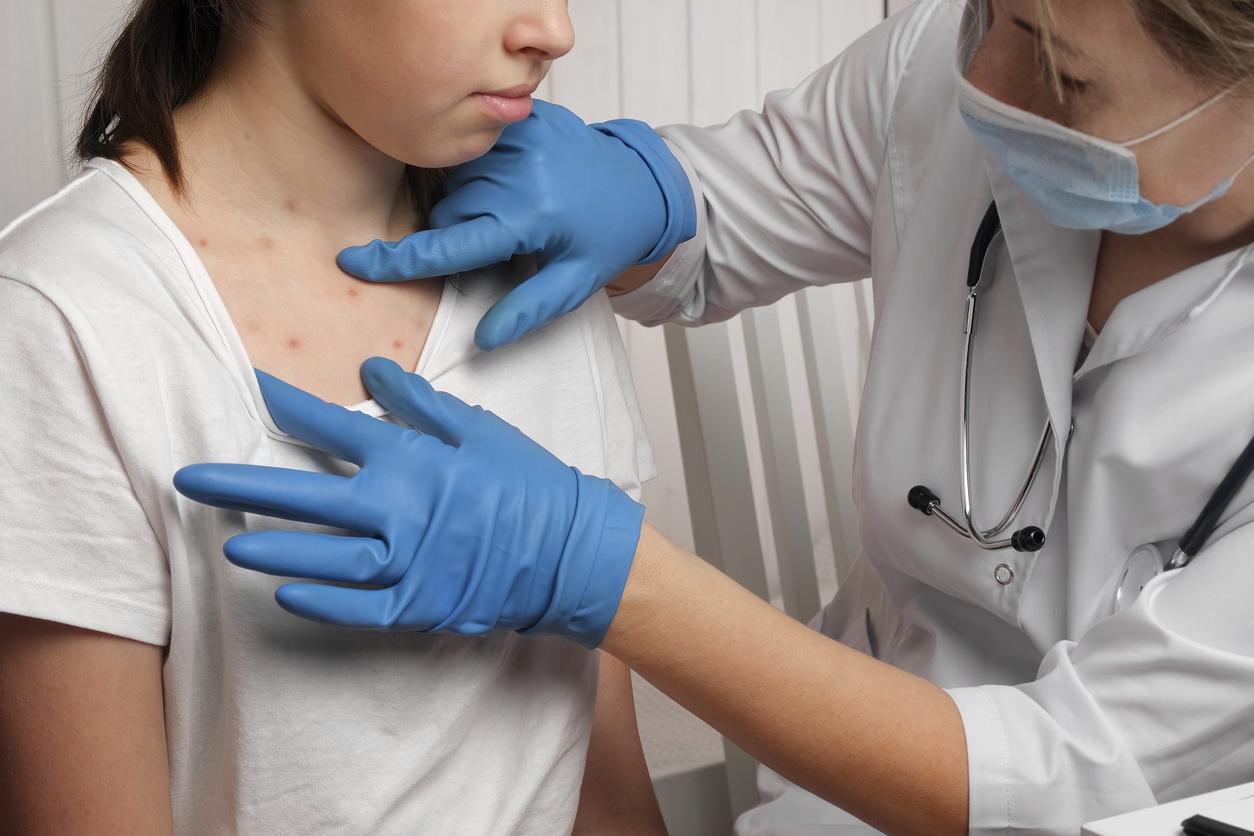This Tuesday, July 30, 2019, an epidemic of yellow fever was officially declared in Côte d’Ivoire: 89 patients have been registered since the beginning of the year and one patient has died, said the local health ministry. The cases observed mainly concern “the autonomous district of Abidjan”, according to the press release from the ministry, and a “declaration of the epidemic has been made to the World Health Organization (WHO)”.
Yellow fever is a haemorrhagic disease of viral origin transmitted by certain mosquitoes – it is called “yellow” because of one of the symptoms of the disease: jaundice.
The World Health Organization (WHO) estimates that each year, 130,000 people are affected and 44,000 people are killed by this acute haemorrhagic fever, particularly in sub-Saharan African countries which concentrate 90% of the cases recorded. Latin America is also concerned (Bolivia, Brazil, Colombia, Ecuador, Peru – where deforestation leads to an increase in the number of mosquitoes).
The yellow fever vaccine, effective but not mandatory
According to the National Institute of Public Hygiene (INHP) of Côte d’Ivoire, this epidemic could be explained by the presence of many private gardens in Abidjan: the plants are indeed likely to contain breeding places, it is i.e. mosquito breeding grounds.
The vaccine against yellow fever provides effective protection (95%) ten days after its injection – in France, it is compulsory for children over 12 months who live in Guyana. In Côte d’Ivoire, during the epidemics of 2008 and 2001, more than 5 million people were able to benefit from vaccination.
This yellow fever epidemic is in addition to the dengue fever epidemic, which has been raging in Abidjan since June 2019 – “the two diseases are transmitted by the same mosquito” specify the health authorities, who have relaunched mosquito control.
Read also :
Case of yellow fever in Guyana, the man is hospitalized in Paris
Republic of Congo: 15 people died of an unknown disease
A case of chikungunya detected in the Tarn

















